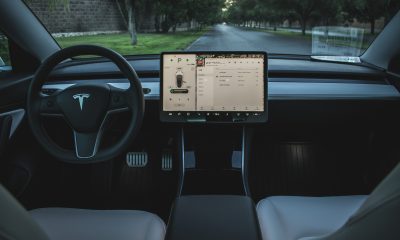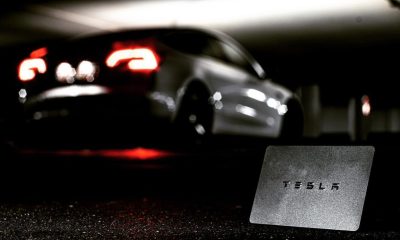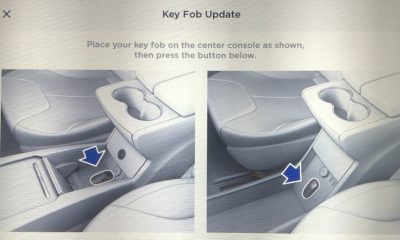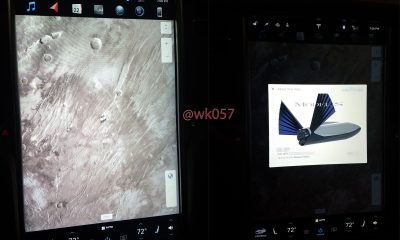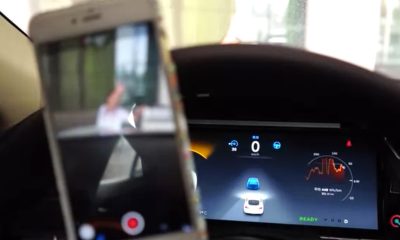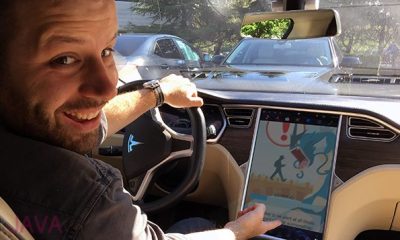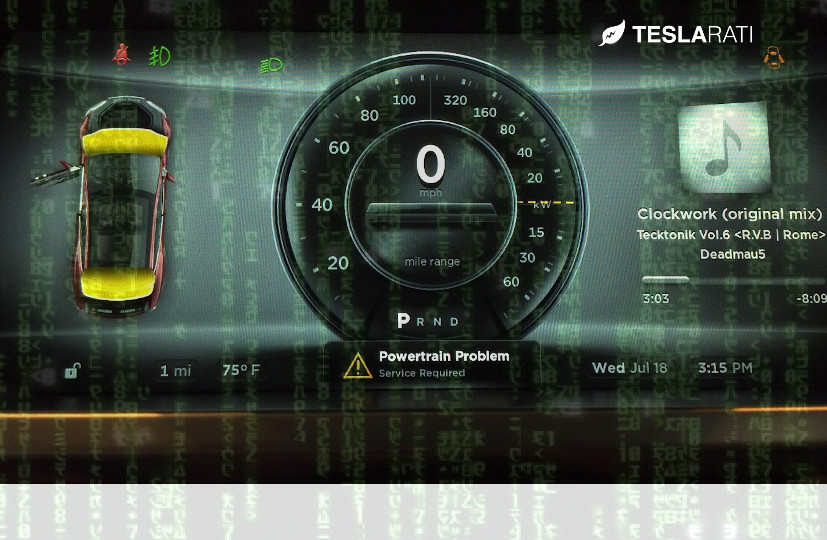

News
Tesla Will Pay Hackers To Help Improve Security
Tesla has announced a program of cash awards for hackers who expose security risks they find at on the company website and provide ways to fix them.
After Tesla’s Twitter account got hacked in April, they have become more serious about security for its website. Tesla is using Bugcrowd, a place where “white hat” hackers congregate, to solicit assistance in identifying security risks on the company website. Cash rewards from $25 to $1,000 are offered.
The official announcement at Bugsource reads as follows:
“Tesla values the work done by security researchers in improving the security of our products and service offerings. We are committed to working with this community to verify, reproduce, and respond to legitimate reported vulnerabilities. We encourage the community to participate in our responsible reporting process.”
Rather than posting at Bugsource, Tesla asks people to e-mail it directly to vulnerability@teslamotors.com.
For its part, Bugsource has created a Hall of Fame for those who respond to the Tesla offer. It says 22 submissions have been made so far. You can see what awards have been made once you sign up to become a Bugsource member.
The rather large elephant in the room, however, is not security for the company website. It is security for the cars the company makes, every one of which leaves the factory with internet connectivity built in. The individuals who hacked the Tesla Twitter account were mere pranksters, but people with actual malicious intent could create havoc if they are able to hack into the cars themselves.
At a time when self-driving features are being touted by many car makers, especially Tesla with its highly advanced suite of AutoPilot features, the need to guarantee the security of onboard computers and software is critical. As cars add more “drive by wire” systems that control steering and braking, the possibility of serious physical harm increases exponentially.
Just the other day, a massive intrusion into US government computer records has been reported. Government officials tell the Associated Press the hack occurred at the Office of Personnel Management and the Interior Department. It involves information about security clearances and could potentially affect four million people at every federal agency.
Two months ago, a rogue airline pilot took it upon himself to drive a passenger jet into the ground in the French Alps. Security experts told reporters that it is possible to take control of an aircraft remotely in such situations, but they are loathe to create the systems needed to do so for fear they could be hacked by people with malicious intent.
Tesla has been more pro-active than many automakers with regard to security for its onboard software. Most, especially General Motors, claim that their software is protected by the Digital Millenium Copyright Act and threaten anyone who attempts alterations to the code with arrest and prosecution.
Ted Harrington, executive partner at Independent Security Evaluators, believes manufacturers should be taking more measures to protect people’s lives, according to Forbes. “When it comes to security research, the stakes are the highest when human lives are involved. Securing the connected car is about more than just protecting data; it is about protecting lives. In that vein, auto manufacturers should be going to extreme lengths to harden their systems against the most sophisticated adversaries.
“In order to fully understand and mitigate risk, a system must go through ongoing, thorough, manual white box security assessment. With lives at stake, auto manufacturers in the era of the connected car should consider robust security assessment a business-critical mandate.”
Tesla did offer $10,000 last year to anyone who could hack a Model S. Reportedly, the prize was awarded to Chinese group Qihoo 360. Perhaps Tesla is deeply involved in insuring the digital security of its cars and simply chooses not to talk about the subject publicly. At least we hope so.
News
Tesla takes first step in sunsetting Model S and X with drastic move
Tesla won’t be taking custom orders of the Model S or Model X in Europe any longer.
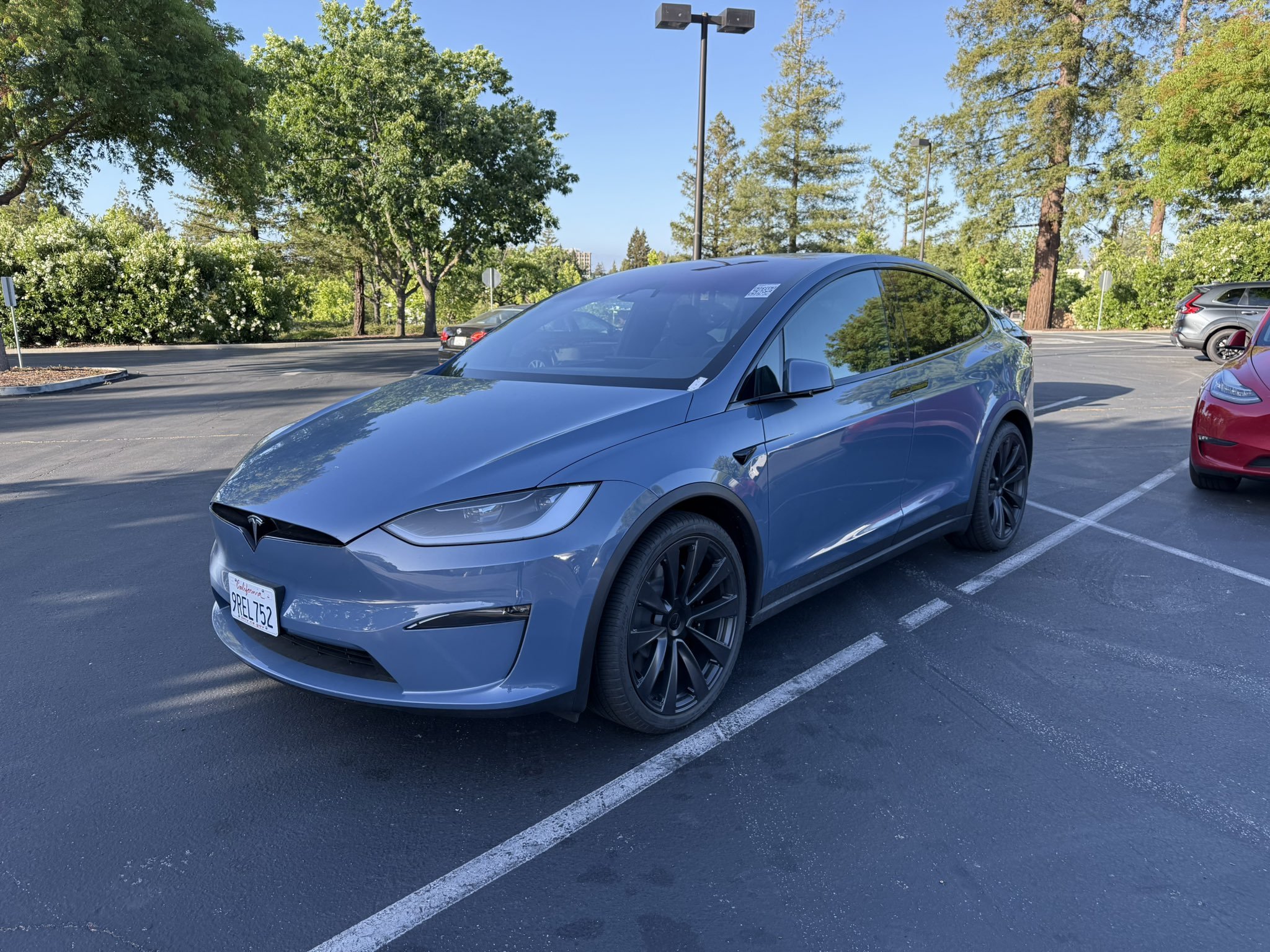
Tesla has seemingly taken the first step in sunsetting two of its older vehicles, the Model S and Model X, by ending international orders.
The flagship sedan and SUV from Tesla are the two oldest cars in the company’s lineup. They account for a very small portion of overall sales, and several years ago, CEO Elon Musk admitted that Tesla only continues to build and sell them due to “sentimental reasons.”
Earlier this year, there were calls for Tesla to end the production of the two cars, but Lars Moravy said that the Model S and Model X were due to get some love later in 2025. That happened, but the changes were extremely minor.
Tesla launches new Model S and Model X, and the changes are slim
Some took this as an indication that Tesla has kind of moved on from the Model S and Model X. A handful of people seemed to think Tesla would overhaul the vehicles substantially, but the changes were extremely minor and included only a few real adjustments.
In Europe, customers are unable to even put a new order in on a Model S or Model X.
We noticed earlier today that Tesla pressing the ‘Order’ button on either of the flagship vehicles takes you to local inventory, and not the Design Studio where you’d configure your custom build:
🚨 Tesla has removed the Model S and Model X Design Configurators from European customers
It will now bring up available inventory for those two vehicles instead of allowing you to build your own config pic.twitter.com/sMnGAr2kuu
— TESLARATI (@Teslarati) July 30, 2025
Tesla simply does not make enough Model S or Model X units to justify the expensive logistics process of shipping custom orders overseas. It almost seems as if they’re that they will essentially build a bunch of random configurations, send them overseas every few months, and let them sell before replenishing inventory.
Inversely, it could also mean Tesla is truly gearing up to sunset the vehicle altogether. It seems unlikely that the company will fade them out altogether in the next couple of years, but it could absolutely think about ending international orders because volume is so low.
Energy
Tesla inks multi-billion-dollar deal with LG Energy Solution to avoid tariff pressure
Tesla has reportedly secured a sizable partnership with LGES for LFP cells, and there’s an extra positive out of it.
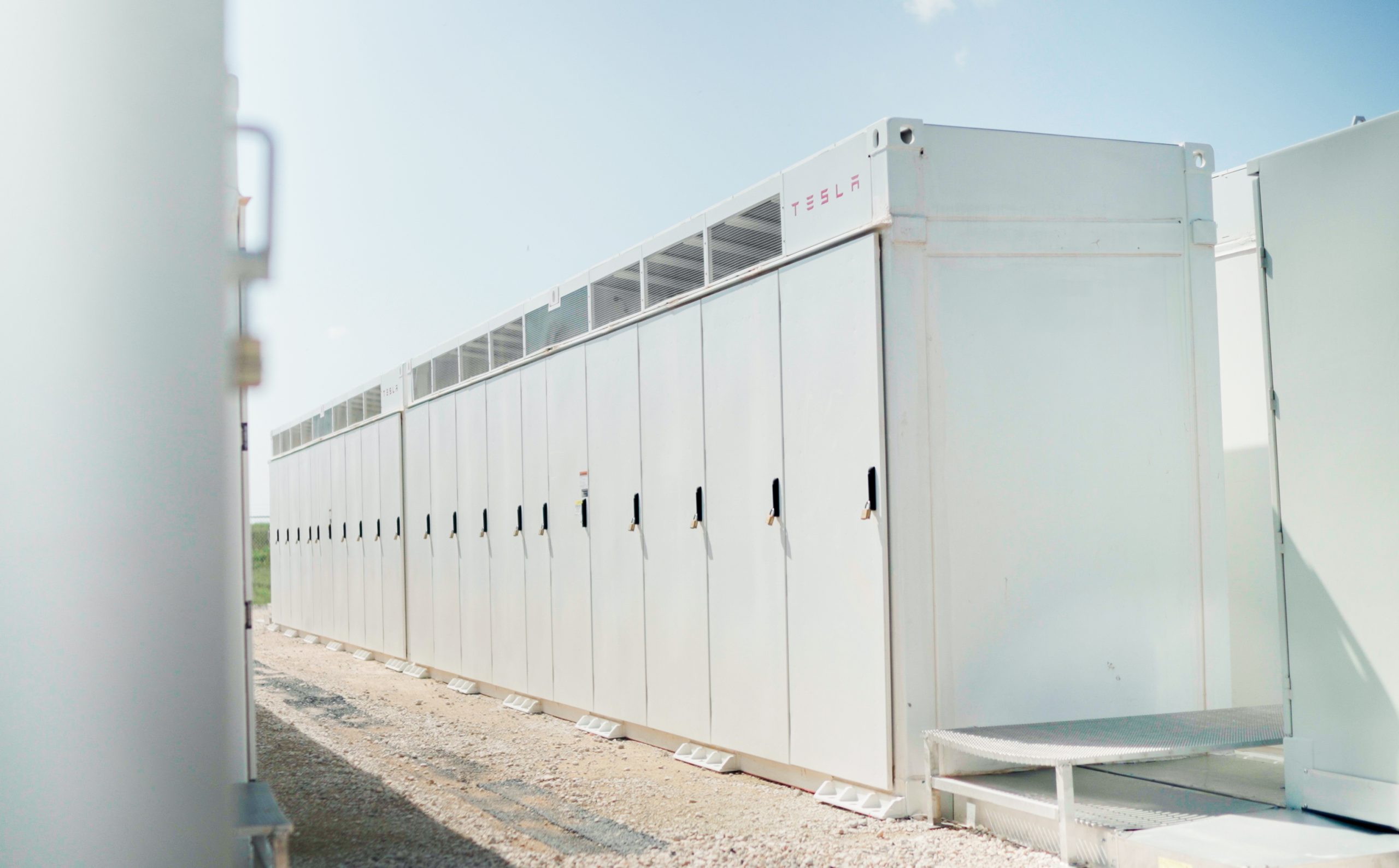
Tesla has reportedly inked a multi-billion-dollar deal with LG Energy Solution in an effort to avoid tariff pressure and domesticate more of its supply chain.
Reuters is reporting that Tesla and LGES, a South Korean battery supplier of the automaker, signed a $4.3 billion deal for energy storage system batteries. The cells are going to be manufactured by LGES at its U.S. factory located in Michigan, the report indicates. The batteries will be the lithium iron phosphate, or LFP, chemistry.
Tesla delivers 384,000 vehicles in Q2 2025, deploys 9.6 GWh in energy storage
It is a move Tesla is making to avoid buying cells and parts from overseas as the Trump White House continues to use tariffs to prioritize domestic manufacturing.
LGES announced earlier today that it had signed a $4.3 billion contract to supply LFP cells over three years to a company, but it did not identify the customer, nor did the company state whether the batteries would be used in automotive or energy storage applications.
The deal is advantageous for both companies. Tesla is going to alleviate its reliance on battery cells that are built out of the country, so it’s going to be able to take some financial pressure off itself.
For LGES, the company has reported that it has experienced slowed demand for its cells in terms of automotive applications. It planned to offset this demand lag with more projects involving the cells in energy storage projects. This has been helped by the need for these systems at data centers used for AI.
During the Q1 Earnings Call, Tesla CFO Vaibhav Taneja confirmed that the company’s energy division had been impacted by the need to source cells from China-based suppliers. He went on to say that the company would work on “securing additional supply chain from non-China-based suppliers.”
It seems as if Tesla has managed to secure some of this needed domestic supply chain.
Lifestyle
Tesla brings perhaps the coolest interior feature to cars in latest update
Tesla adds on to the “fun” aspect of its vehicles.
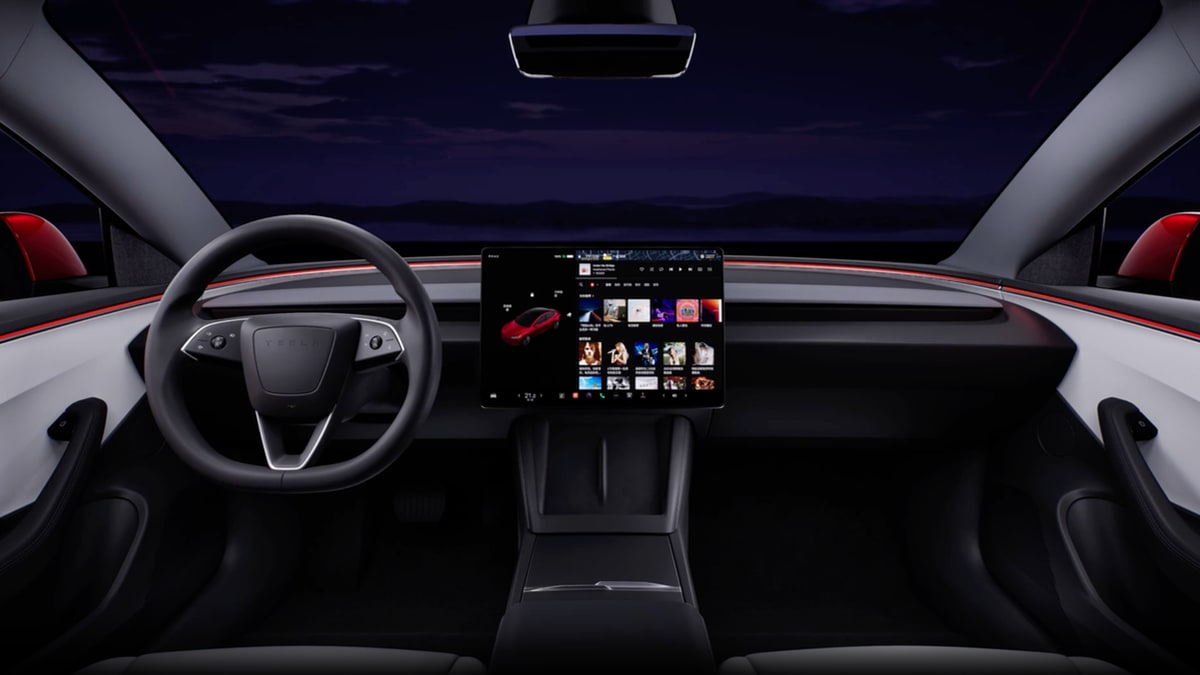
Tesla has brought perhaps the coolest interior feature to its cars in a new update that is rolling out to vehicles now.
The feature will require a newer vehicle that has interior ambient lighting, which is present on the new Model S, Model X, Model 3 “Highland,” and Model Y “Juniper.” The Cybertruck also has ambient lighting strips throughout.
Tesla Model Y’s ambient lighting design changes revealed in leaked video
With the Version 2025.26+ Software Update, Tesla is rolling out a new “Sync Accent Lights w/ Music” feature, which is available on the Tesla Toybox:
Turn your Tesla into a rave cave with the new Light Sync feature 🎶
Rolling out now in software update 2025.26+ pic.twitter.com/IIsQxZ9jDP
— Tesla (@Tesla) July 29, 2025
To enable the feature, you’ll access the Toybox, choose “Light Sync,” and then choose “Sync Accent Lights w/ Music.”
Although it does not improve the performance of the vehicle, it is yet another example of Tesla making one of the coolest cars out there. This is truly a cool add-on that can be used to impress your friends and family.
-
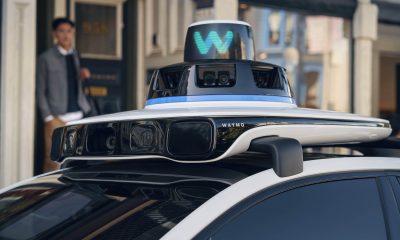
 Elon Musk2 weeks ago
Elon Musk2 weeks agoWaymo responds to Tesla’s Robotaxi expansion in Austin with bold statement
-

 News2 weeks ago
News2 weeks agoTesla exec hints at useful and potentially killer Model Y L feature
-
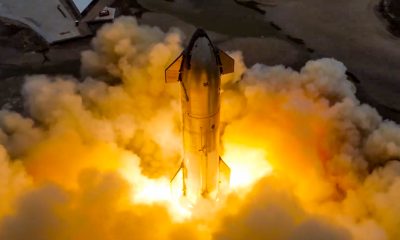
 Elon Musk2 weeks ago
Elon Musk2 weeks agoElon Musk reveals SpaceX’s target for Starship’s 10th launch
-
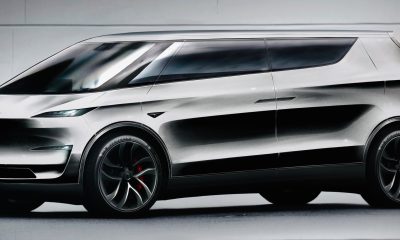
 News2 weeks ago
News2 weeks agoTesla’s longer Model Y did not scale back requests for this vehicle type from fans
-

 News2 weeks ago
News2 weeks ago“Worthy of respect:” Six-seat Model Y L acknowledged by Tesla China’s biggest rivals
-

 News2 weeks ago
News2 weeks agoFirst glimpse of Tesla Model Y with six seats and extended wheelbase
-

 Elon Musk2 weeks ago
Elon Musk2 weeks agoElon Musk confirms Tesla is already rolling out a new feature for in-car Grok
-
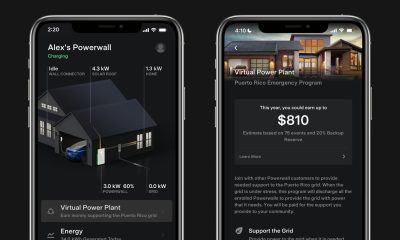
 Energy2 weeks ago
Energy2 weeks agoTesla launches first Virtual Power Plant in UK – get paid to use solar


